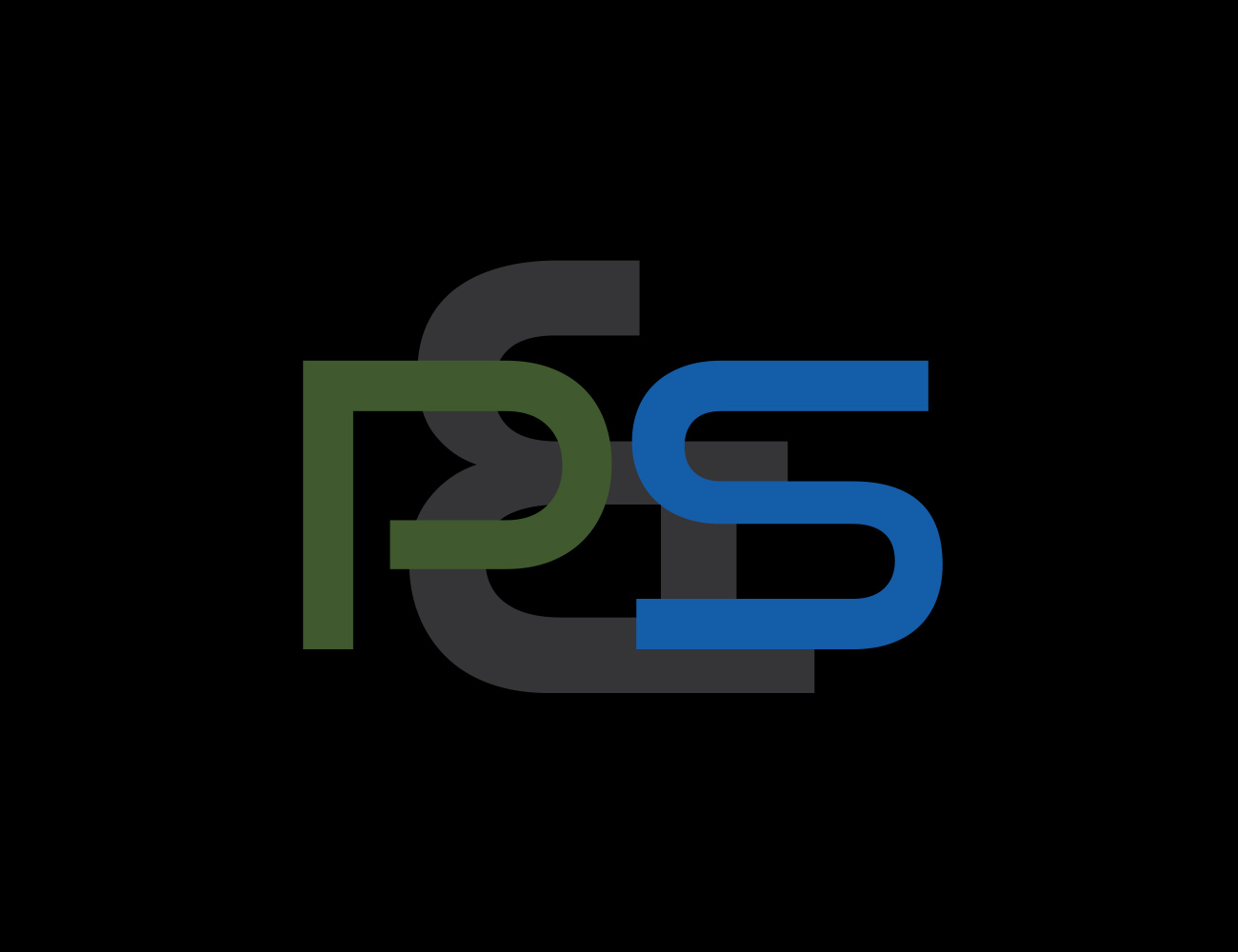The Basics
I found early on the training I was provided as a police officer was insufficient for the tremendous weight of using firearms in the line of duty. It seemed most of the training was to pass a qualification as opposed to expanding my skillset. Even if the training was so mundane that we stood in one place and shot a slow cadence – it was still shooting and I enjoyed it.
To make up for the lack of training, I would go to the range and shoot. The part I did not understand at the time was all I was doing was ballistic masturbation. I had no plan; I had no specific skills I wanted to focus on. I didn’t even know what skills to focus on. So, I wasted time, money, and ammo creating bad habits. I could stand at x yards from a target, shoot, and hit a target – yay for me.
Due to my unusual interest in firearms I was given the opportunity to go through the state POST academy to be a firearms instructor. I was introduced to some teaching concepts which also gave me ideas as to what aspects of shooting I could focus on my range trips. This also gave me ideas how to provide a more fulfilling experience for my fellow officers on range days.
After getting a taste for shooting beyond stationary – I wanted more. I found a forum called Lightfighter and read after action reports (AAR’s) from training courses. I found Pat Rogers’ EAG Tactical AAR’s covered everything I needed to prepare for a big boy course. I was given glimpses into optimal weapons, equipment, and most importantly the failures of those as well as the failures of the students. By reading those AAR’s I was better prepared not only to take a course, but they provided important information to help me choose the right weapons and equipment for both the course and my job.
EAG offers a couple tiers of carbine instruction. After messaging Pat, I found that the Carbine Operator Course was the right place to start. These courses provided a proficiency in fundamental skills and built a foundation. It was a foundation in the basics. The next year, I found the combination of proper physical training and previous courses with EAG, allowed me to really focus on the nuances of the material being taught in later courses without the handicap of being out of shape or not being familiar with the basics. Better equipment was helpful, but it was the training that provided the results. I hosted EAG for a couple years, and they taught carbine and pistol courses in my area. Each course added further development.
The levels of training EAG provided allowed me to train further with more active problem solving while using weapon skills simultaneously. This was an advantage for me with my next training hurdle. I know many squared away been there, done that guys who talked about the toughest course they have ever attended being at the Direct Action Resource Center (DARC). So naturally, I attended a course called Law Enforcement Counter Terrorism Course (LECTC) level 1 at a facility called DARC. LECTC is not a shooting course, but if you don’t shoot, you have serious issues. LECTC is a weeklong primarily force on force, in the dark, working with officers you don’t know, and you need to problem solve course. During the day we had classroom, discussed theory, and then practiced various movement and clearing techniques. We were given missions to accomplish within a shoot house filled with opposition forces (OPFOR) nightly. These are not your typical OPFOR who play dead when you wave a gun in their direction – these guys fight, they use tactics, and they are evil.
Because I already had that good weapon skill foundation (basics) and because my PT was in order, I could focus on the finer details at DARC. I could think clearly while we did our operations, I could clear malfunctions (blame sims), and I could do what I needed to because I had prepared. Being overwhelmed is very possible there. Not having your gun skill squared away will turn you into a liability for your team. Some officers froze up due to information overload during the ops. The officers with significant training experience were able to absorb the material and apply it on the fly as needed. Equipment helped to a point, but overall it is the foundation in the basics that ultimately saves the day. It is the mechanic not the wrench; it is the surgeon not the scalpel.
So what does this mean? It means we all need training. We need a solid foundation of the basics. The better the foundation the easier it will be to process information in a critical incident (or really stressful training). There is no such thing as advanced in firearms there are only the basics. There are more accurate, faster, and streamlined basics which some could call advanced, but in reality, it’s the basics. Do you know how to get to that higher skill level? Work on the basics.










[…] to get more training, but unfortunately, firearms training at the police academy is very low-level. It’s basic, at best. Unfortunately, at that level, I thought I was fantastic, but the reality is that I wasn’t, by […]